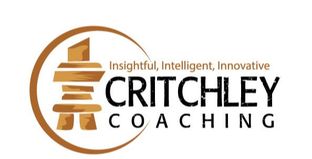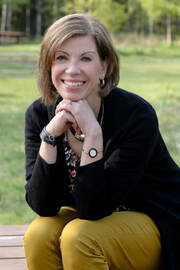
I have a client who gives not only her seasons, but her years, a theme. For example, 2016 is her year of ‘Yes’. She decided to make this a year in which she would say ‘Yes’ to things that she would normally shy away from. Her accomplishments and adventures have already been incredible. She has been very deliberate about this and it has caused me to look at times in my life when I have dared to name a season.
When we were raising our children, in my mind it was clearly the season of ‘putting family first’. I loved this. When I think about it, I’m pretty sure that what I loved the most was the certainty of this time. What felt certain, or rock solid, was that I had made the conscious choice that I would base my decisions on how they would affect my family. If I perceived that the effect would be positive, I would choose in favour. If my perception was that there would be a negative impact, my decision would be ‘against’.
When we label any season, we focus our attention on what we hope to achieve during that season. In this way, we define success. If we choose well, we can look back and often be pleased with our results. Sometimes when we do not name the season, life names it for us. Often the result is not what we would have chosen....if only we had known enough to choose for our self.
In our home we have a season approaching us that is filled with wedding preparations and weddings. I do not want to arrive at the end of this season in a heap of exhaustion, realizing that the season named itself (likely called ‘survival’). I have decided to name the summer of 2016, “The Summer of Welcome”.
Jim and I will welcome Matt, a new son, into our family in July. In August, we will welcome our new daughter, Cara, as she joins us. I will welcome Cara and Matt's wonderful families. I will welcome watching our daughter and son, each in their own turn, prepare for their big day. I will welcome noticing how they each choose the details that will make their wedding day into the day they want. I will welcome many guests from out of town. I also plan to use my ‘Summer of Welcome’ to remind me to welcome some other things too.
I will welcome days filled to the brim with people who are joining us to celebrate. I will welcome the unexpected. I will welcome help. I will welcome the chance to re-connect with old friends, the chance to haul out some wonderful memories and the chance to create brand new memories. I will welcome the time I will be able to spend with our extended families. I will welcome the support of our Alberta friends. I will welcome meeting and getting to know the friends of our children who have walked with them as they have grown into the people they have become. I will welcome the busyness of the preparations and the quiet of the reflection afterward. I will welcome my feelings of joy and of some loss as I mark this turning point, remembering that loss serves to remind me that I have been very lucky in life. I will welcome sunny days and the rainbows that follow the inevitable thunderstorms.
I challenge you at the start of this summer season to name the theme of your summer. Then watch as you create it!
You’re welcome!





 RSS Feed
RSS Feed